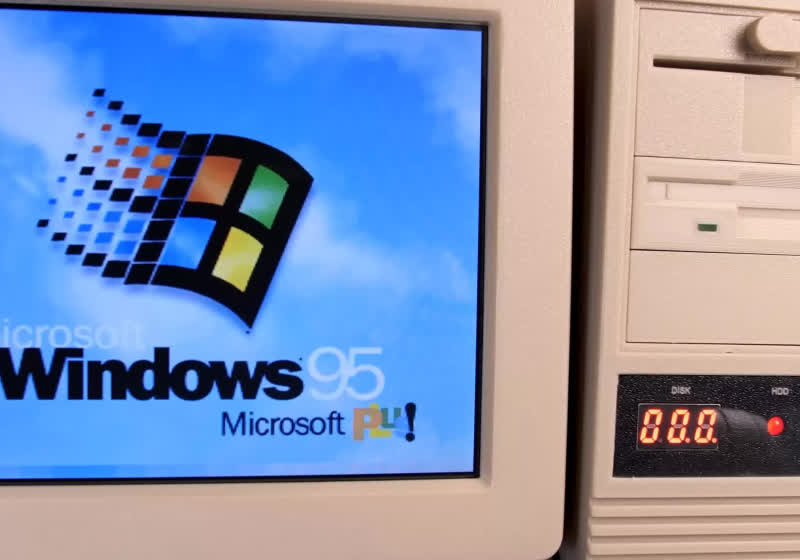There is no question about the negative impact of the pandemic, or that its effects have not yet been adequately addressed. That’s why it’s time to make use of one of the innovations from that time — the artificial intelligence-fueled revolution that can help teachers improve their instruction, develop their skills and help students learn.
The first step of this revolution was teaching on video. Traditionally, teachers worked as if their classrooms were islands. The pandemic brought video into every classroom, and, perhaps for the first time, teachers could see how their colleagues worked. They could share what they learned by showing each other, instead of telling what they did in the classroom.
The second step of this revolution was the use of AI to analyze that video and provide data to teachers and their instructional coaches on what works in the classroom and what does not. This is not for evaluation, but for improvement of teachers’ ability to connect with their students.
Get stories like this delivered straight to your inbox. Sign up for The 74 Newsletter
AI is reshaping how teacher coaching happens. One example is Project CAFE, pioneered by the education nonprofit Urban Assembly and the American Institutes for Research. Project CAFE is already in use in Urban Assembly’s public high schools in New York City, as well as schools in New Jersey, Florida and Illinois. Ramapo College in New Jersey uses it to make feedback for student teachers more meaningful.
This AI tool scans classroom video and produces graphs that measure student talk time, teacher talk time and silence during a class; how often and when talking is on topic; and when respectful, encouraging and insulting language happens. The tool observes, but it does not judge. It leaves the teacher and coach to interpret the observations — and because AI identifies what it hears so quickly, it saves coaches hours of transcribing and collating data, time that can be spent helping teachers through guided, data-informed conversations.
The tool allows teachers to review video of their classes and focus on meaningful moments, such as which instructional interactions affect student learning. For example, it would allow a teacher to consider if they dominate the conversation in a class while many students never spoke. It can help identify useful patterns in a teacher’s work to build upon. And it can amplify the way that in-person observation from experienced colleagues builds the skills of student teachers.
It is still too soon to have data on whether improved coaching translates into measurable results for students, Urban Assembly internal data shows that teachers spend 12% less time speaking and classes spend 7% more time talking on topic while using the tool. But anecdotally, both teachers and coaches who have used it are enthusiastic.
Phillan Greaves, an instructional lead teacher at the Urban Assembly Institute of Math & Science for Young Women, told her principal in an email that she has learned more quickly about her own teaching practices. “I never thought I could upload lesson clips into an app and receive data that shows things like talk-time balance, student engagement and pacing,” she said. “Instead of relying on gut feelings, I can analyze real patterns and trends. … Reflection feels less abstract — now it’s focused, evidence-based and actually energizing.”
One of her colleagues, English teacher Patricia Gyapong, said Project CAFE’s flexibility gives her various ways to improve her work in the classroom. “I can choose to watch the video if I’m paying attention to my movement, and which part of the room I tend to focus on. Or maybe I want to see how aligned my questions were, so I read over the transcript. Sometimes, time is limited, so I can look over the bar graph and see my teacher voice-to-student voice ratio. … I love the autonomy to figure out what I need to work on, especially without feeling judgment.”
That time saving is key. When feedback is immediate, it locks in strengths and improves weaknesses. Project CAFE allows educational coaches to distill strengths and opportunities for growth much more rapidly than previous approaches.
Until now, teachers have often felt that feedback was something that was done to them. With tools like Project CAFE, they can take control of the feedback and make it work for them and their students. Good teachers are created with deliberation, care and compassion — and today, with the most vulnerable students being left even further behind, they are more vital than ever.









 English (US) ·
English (US) ·